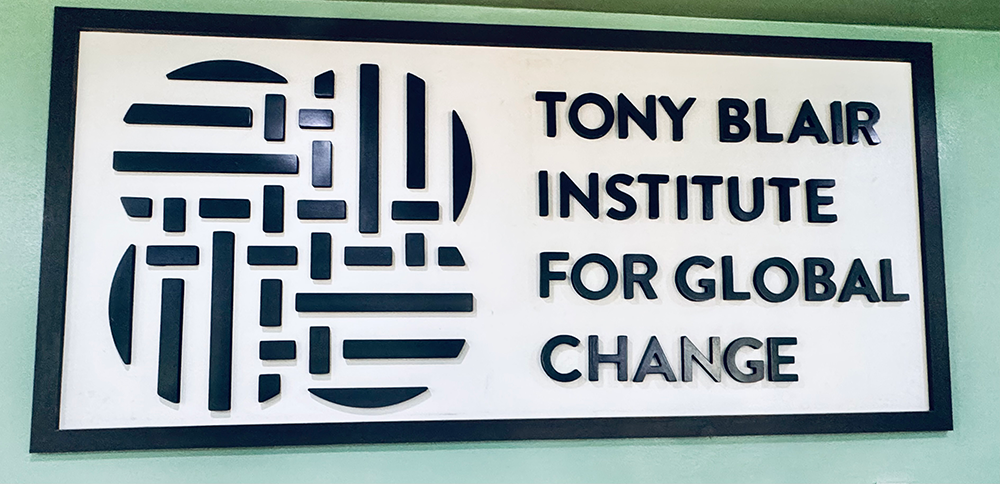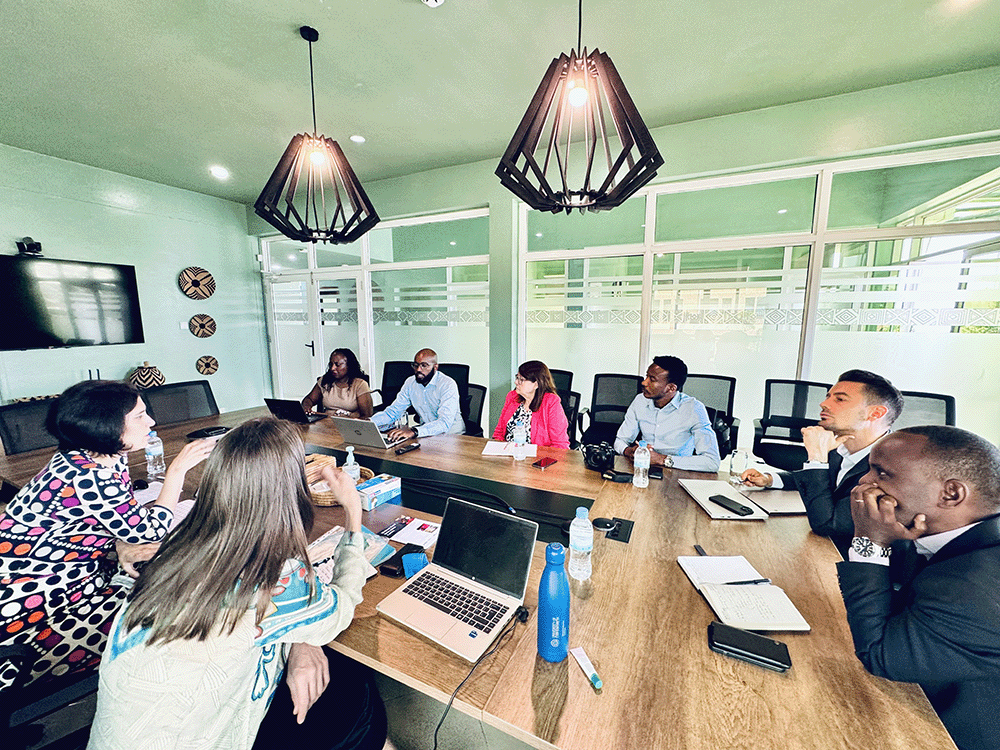
The Natural Resources Institute (NRI) is strengthening its strategic collaboration with the Tony Blair Institute to help drive agricultural innovation across Rwanda, placing local food entrepreneurs at the heart of sustainable transformation. This connects NRI's team directly with innovators throughout Rwanda's food sector, providing tailored support to help businesses process agricultural products more effectively, access new markets, and scale operations in ways that benefit both individual enterprises and their broader communities.
Comprehensive Support for Food Businesses
The NRI team is able to deliver one-to-one mentoring and technical expertise to diverse food businesses across Rwanda, including coffee enterprises, juice producers, chili sauce makers, and potato and banana processors. By identifying specific operational bottlenecks and growth opportunities, the partnership helps businesses minimise waste, extend product shelf life, and develop sustainable innovations using locally grown crops to reach regional and international markets.

Connecting Local Innovation with Global Opportunities
Through this collaboration, NRI and the Tony Blair Institute help entrepreneurs navigate market barriers while connecting them with potential UK partners. The partnership also facilitates access to business and technical support through the Medway Food Innovation Centre, creating pathways for Rwandan food businesses to leverage international expertise and resources.
Creating Lasting Impact
This combined effort demonstrates the power of strategic partnerships in unlocking growth for food and beverage producers. By strengthening business operations and adding value to local products, the initiative creates meaningful employment opportunities and boosts income levels throughout participating communities.
The ongoing collaboration between the Tony Blair Institute and NRI exemplifies how international expertise can be leveraged to drive sustainable agricultural transformation, without displacing existing knowledge and capabilities, but by building upon them.
